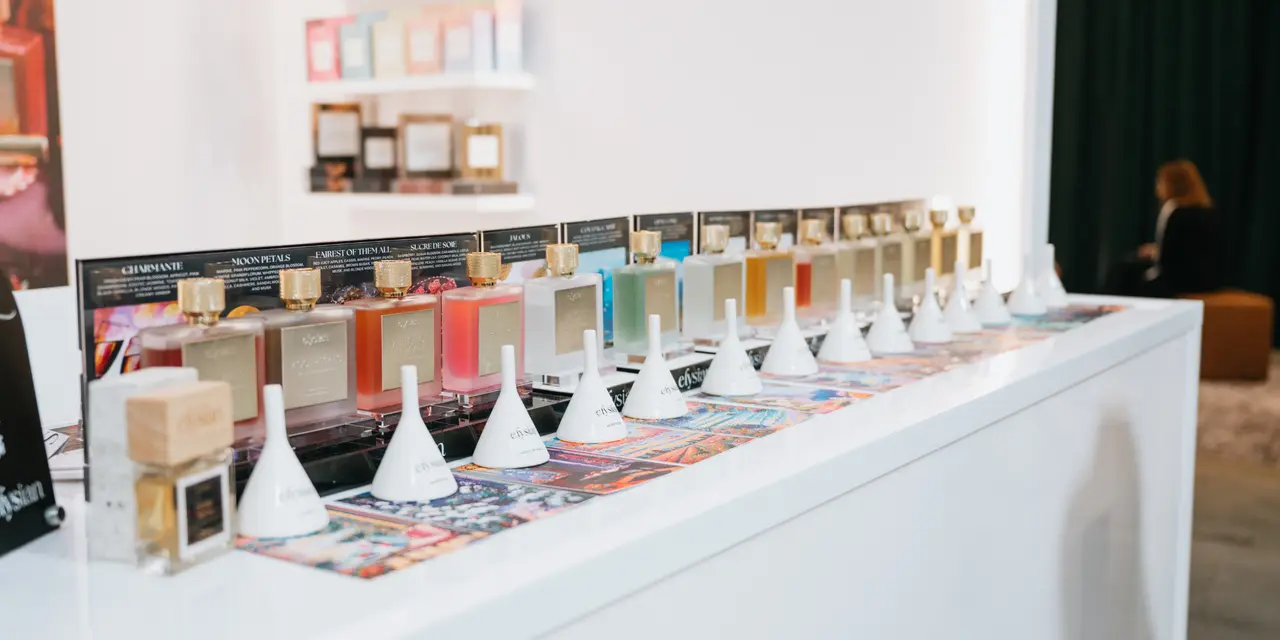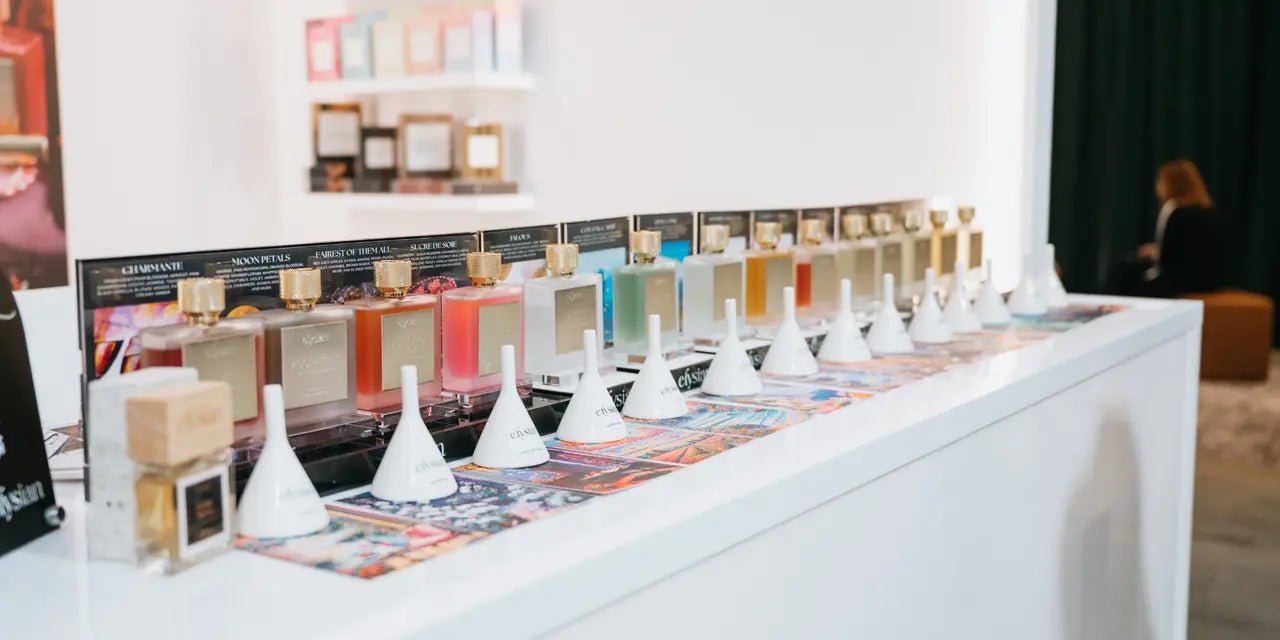Fragrances have an extraordinary ability to transport us to different moments in time, instantly evoking memories and emotions. Scent and emotion have an intricate relationship, how our experiences shape our connection to different fragrances, and how they ultimately influence our feelings.

The Science Behind Scent and Emotion
Exploring the neurological pathways that link olfactory senses to emotional responses unveils a fascinating aspect of human psychology. The brain’s olfactory bulb, closely tied to the limbic system, the region responsible for emotions and memories, plays a pivotal role in how we react to different fragrances. Scents travel swiftly through this pathway, sometimes bypassing rational thought to elicit immediate emotional responses. For example, the smell of freshly baked cookies can evoke childhood memories of home, warmth, and safety. This intricate connection demonstrates that fragrance is not just a fleeting sensory experience but a powerful tool that can influence our emotions consciously and subconsciously.
Moreover, neuroimaging studies show that specific scents can activate distinct brain regions, linking a particular aroma to an emotional response. When we inhale a fragrance, our brain associates it not just with memory but with feeling. This can be profoundly illustrated by scents like lavender, known for its calming properties, or citrus scents that invigorate and energize. Understanding how these responses manifest can empower individuals to choose fragrances that uplift them, serve as motivation, or soothe anxiety. Thus, the science behind scent and emotion is not just academically intriguing; it holds valuable implications for enhancing our daily lives.

Memories Encapsulated in Aroma
Discussing how specific fragrances can trigger vivid memories, we touch upon the deep-rooted psychological reasons behind this phenomenon. The power of a scent to evoke a moment in time can be staggering. For instance, a whiff of a particular cologne might transport someone back to a high school dance or a family gathering. This ability comes from associative memory, where the brain links certain smells to experiences, effectively encapsulating memories in aroma. Researchers believe this emotional weight is due to early exposure; the associations that form during childhood often stay with us throughout life, influencing our reactions to scents even in adulthood.
Moreover, the phenomenon can create both positive and negative emotional responses. An individual might find the scent of a certain perfume comforting, reminding them of a loved one, while another person might feel a sense of loss or sadness tied to the same fragrance due to a different personal experience. It’s a testament to the deeply personal nature of scent. Its connection to memory is not just shared but uniquely individual. Thus, as we explore this aspect of fragrances, we realize that they are potent connectors to our pasts, shaping our present realities in profound ways.
In essence, our reactions to scents are often layered with complexity, primarily because they are intertwined with our personal stories. It’s not merely about liking or disliking a fragrance; it’s about the life experiences embedded within each aroma. This explains why so many people cherish their chosen scents. Scents are reminders of joyful days, milestones, and even cherished relationships. The memories encapsulated in aroma create an emotional tapestry that continues to define our experiences and steer our emotional compass through the years.

Cultural Significance of Fragrances
Examining how different cultures perceive and use fragrances reveals a rich tapestry of traditions and emotional ties. For instance, in many cultures, scents play a substantial role in rituals and ceremonies. Consider how frankincense and myrrh hold significant value in various religious practices, symbolizing purity and sanctity. In other cultures, floral fragrances are celebrated during festivals, showcasing the joy and vibrancy of life. These aromatic traditions are not just decorative; they carry meanings and emotions that resonate deeply within communal and individual identities.
Furthermore, the emotional resonance tied to fragrances varies widely across cultures. In Japan, for example, the art of Kodo or ‘listening to incense’ turns the experience into a meditative practice, fostering connections to nature and clarity of mind. Meanwhile, Western culture may associate fragrances more with fashion and personal identity, emphasizing individual expression through luxurious scents. This divergence underscores how fragrances serve as cultural signifiers, shaping our understanding of beauty, wellness, and emotional expression. Thus, the cultural significance of fragrances is a profound reminder of how aroma permeates our social experiences, highlighting both our unique distinctions and universal human connections.
The Lasting Impact of Scents on Our Lives
The journey of a scent is a deeply personal experience, intertwined with our memories and emotions. By understanding the psychological and physiological responses to fragrances, we can choose scents that not only uplift our spirits but also reinforce our identities. Embracing this sensory exploration allows us to enrich our daily lives and connect with our emotions more profoundly.






